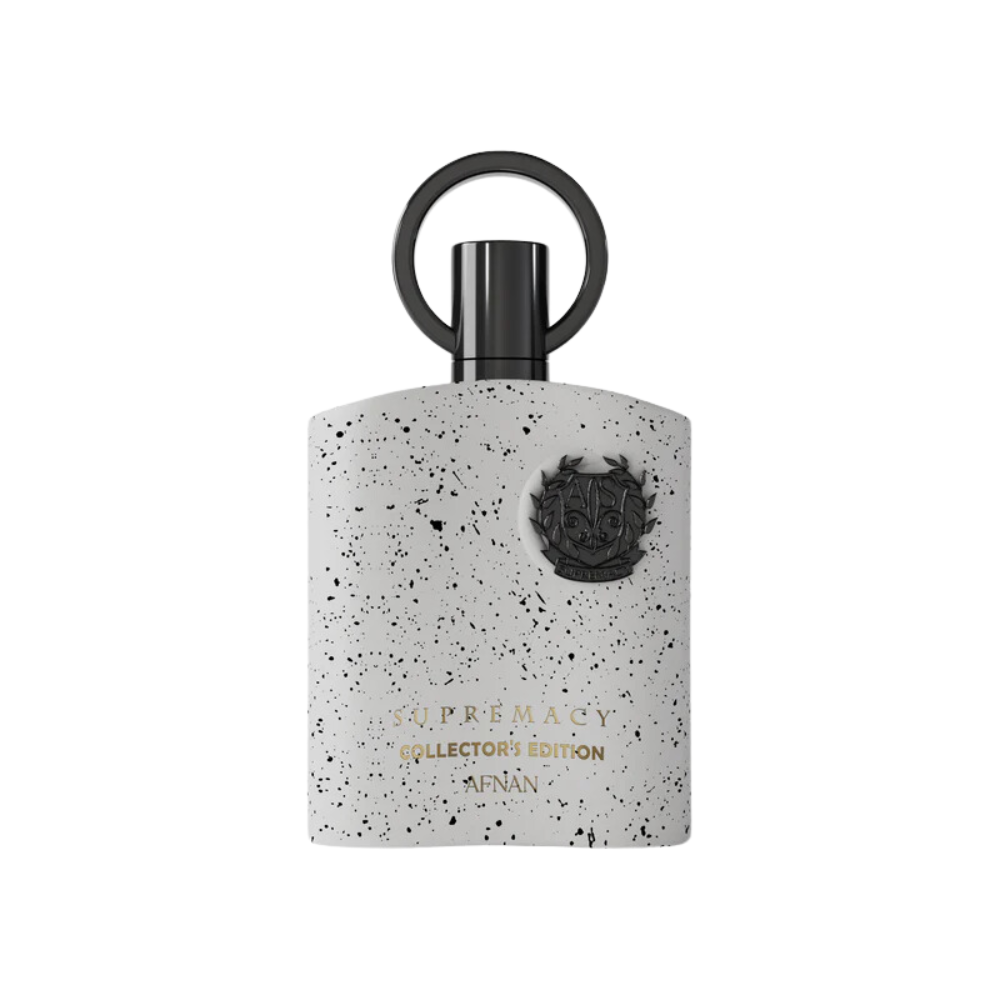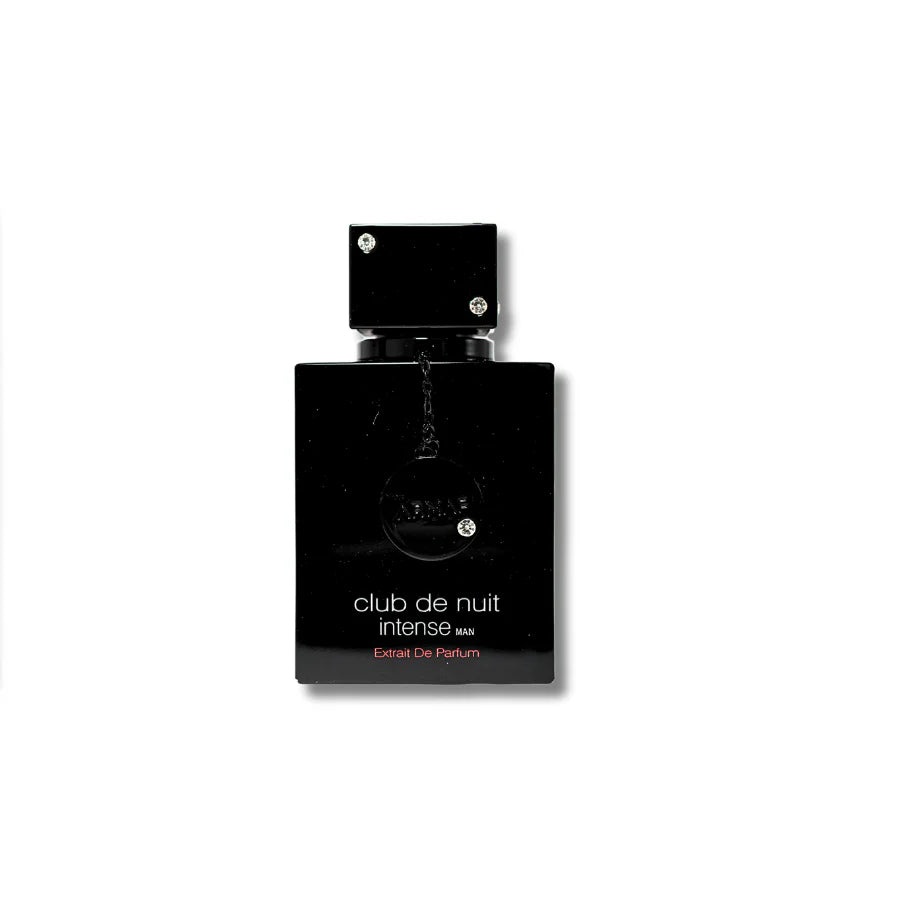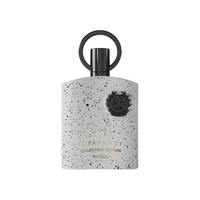Scents are powerful in our daily lives. A spritz of perfume can boost confidence, create a signature identity, or even bring back cherished memories.
But have you ever noticed a headache, skin irritation, or sneezing after wearing a particular fragrance?
While perfumes and colognes are designed to be safe, some individuals may experience mild to moderate reactions.
This doesn’t mean fragrances are bad; it simply means that, like with any product applied to the skin or inhaled, some people may have sensitivities. The key is understanding scent's potential side effects, knowing what triggers them, and learning how to enjoy scents safely.
Let’s explore how fragrances can impact people differently and how you can avoid any unwanted reactions.
Can Scents Really Have Side Effects?
Yes, but not for everyone. Most people wear perfumes, colognes, or scented body products without any issues. However, some individuals are more sensitive to certain fragrance ingredients.
The type of reaction depends on:
- Your individual sensitivity: Some people’s skin or respiratory systems react more strongly to fragrances than others.
- The perfume’s composition: Natural and synthetic ingredients– both can cause irritation in certain individuals.
- The amount applied: Over-spraying or using a very strong perfume in a closed space can intensify reactions.
For those who love fragrances but want to explore well-balanced and carefully crafted scents, checking out curated collections like these best sellers can be a great way to find options that suit different preferences and sensitivities.
Now, let’s take a closer look at some potential side effects.
1. Skin Irritation and Allergic Reactions
One of the most common fragrance-related issues is skin irritation. Some perfumes contain alcohol, preservatives, or essential oils that may cause redness, itching, dryness, or rashes. This is particularly common for people with sensitive skin or allergies.
Certain ingredients like cinnamon oil, citrus extracts, and synthetic musks can be more irritating than others. In some cases, prolonged exposure to irritating compounds can lead to contact dermatitis, a condition where the skin becomes inflamed due to an allergic reaction.
How to Avoid It:
- Do a patch test: Apply a small amount of the fragrance to your inner wrist and wait 24 hours to check for any irritation.
- Choose hypoallergenic formulas: Look for alcohol-free, dermatologist-tested, or hypoallergenic perfumes.
- Apply on clothes instead of skin: Spraying perfume on fabric can minimize direct skin contact.
2. Headaches, Dizziness, and Nausea
Have you ever walked into a room filled with strong perfume and instantly felt lightheaded or queasy? Some people experience headaches, dizziness, or even nausea when exposed to strong scents.
This is often due to volatile organic compounds (VOCs) found in synthetic fragrances. These compounds evaporate into the air, creating the scent we recognize, but in some cases, they can act as irritants. Strong floral, musky, or spicy perfumes are more likely to trigger these symptoms.
How to Avoid It:
- Go for lighter fragrances: Instead of stronger Eau de Parfum formulas, Try Eau de Toilette or Eau de Cologne.
- Use moderation: Two spritzes are enough; avoid over-applying.
- Choose well-ventilated areas: Avoid heavy scents if you’re in a confined space.
3. Respiratory Sensitivities
For individuals with asthma, allergies, or respiratory conditions, strong perfumes can act as a trigger. Some fragrance compounds can irritate the airways, leading to sneezing, coughing, wheezing, or shortness of breath.
This reaction is often linked to synthetic musks, aldehydes, and certain essential oils. While rare, some people may even experience mild breathing difficulties after prolonged exposure.
How to Avoid It:
- Avoid heavily scented areas: Avoid crowded places with strong fragrances if you're sensitive.
- Pick subtle scents: Fresh, citrus or lightly floral perfumes tend to be less overpowering.
- Apply strategically: Spritz perfume on clothes rather than directly on your skin to limit inhalation.
4. Hormonal Disruptions
Some studies suggest that certain fragrance ingredients, like phthalates, could interfere with hormone levels. Phthalates are used to make scents last longer, but concerns have been raised about their potential effects on the endocrine system.
That said, most reputable perfume brands follow strict safety regulations, and the concentration of these ingredients is typically too low to cause harm. However, if you prefer to be cautious, you can choose phthalate-free perfumes.
How to Avoid It:
- Check labels: Some brands offer phthalate-free fragrances.
- Choose natural alternatives: Look for perfumes with botanical or essential oil bases.
- Use in moderation: Limiting daily exposure is always a good idea.
5. How Fragrance Layering Can Affect Sensitivities?
Fragrance layering, combining multiple scented products like lotions, body sprays, and perfumes, can intensify a scent but also increase the risk of irritation.
Many people unknowingly mix different ingredients that might trigger skin reactions or headaches.
Some body care products contain added fragrance, which, when layered with perfume, creates a stronger scent cloud that may be overwhelming.
How to Avoid It:
- Stick to unscented skincare if you have sensitivities.
- Test products separately before layering them.
- Use fragrance sets designed to complement each other safely.
Are Natural Fragrances Safer?
Many assume natural perfumes are risk-free, but that’s not always true. Some essential oils and botanical extracts can still trigger allergic reactions or sensitivities. For example:
- Citrus oils can cause skin irritation when exposed to sunlight.
- Lavender and cinnamon oils can be irritating to some skin types.
- Strong herbal or spicy oils can trigger headaches in sensitive individuals.
Whether natural or synthetic, knowing your body’s response and choosing products accordingly is key.
How to Enjoy Perfumes Without Side Effects
Instead of giving up on perfumes altogether, follow these tips to wear them safely:
- Pick skin-friendly formulas: Use hypoallergenic or dermatologist-tested perfumes.
- Use small amounts: A little goes a long way. Avoid over-applying.
- Store your perfume correctly: Heat and sunlight can alter a fragrance’s chemical composition, so keep it in a cool, dark place.
- Respect personal space: Be mindful of wearing strong scents in crowded areas, offices, or public transport.
Final Thoughts
Fragrances are meant to be enjoyed, and for most people, they don’t cause any harm. However, if you experience skin irritation, headaches, or respiratory discomfort, it’s worth paying attention to the ingredients in your perfume and making small adjustments.
The key is awareness and moderation, choosing the right scent, applying it wisely, and being mindful of how it affects you and those around you. Now that you have the right knowledge, you can explore some best selling variety of perfumes at Fragrant Villa.











